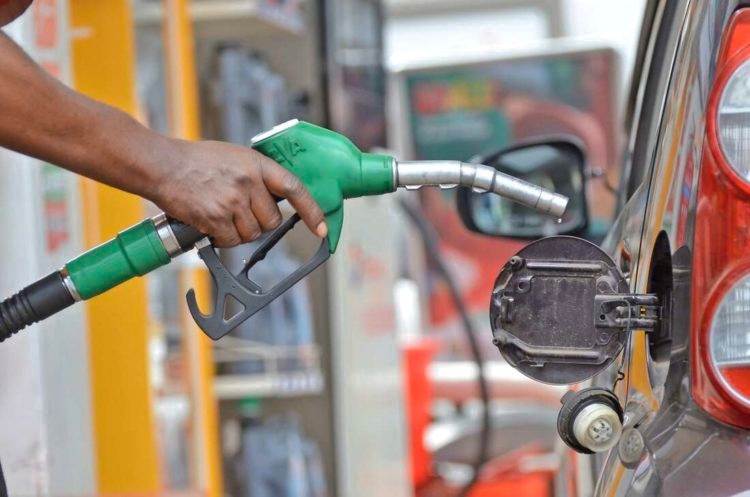Tanzania to use merchant payment system to boost cashless economy

What you need to know:
- Presenting the national budget for the 2024/25 fiscal year in Parliament on Thursday, June 13, Finance Minister Mwigulu Nchemba noted that the use of electronic payment systems for transactions has continued to increase by leaps and bounds in the country
Dar es Salaam. The Tanzanian government has urged its citizens to join the merchant payment system (Lipa number) to facilitate transactions on mobile phones anywhere without the need for a network.
Presenting the national budget for the 2024/25 fiscal year in Parliament on Thursday, June 13, Finance Minister Mwigulu Nchemba noted that the use of electronic payment systems for transactions has continued to improve in the country.
"Currently, you can use your phone to pay for services wherever you are using the merchant payment (lipa namba) system, which does not require an internet connection," he said.
According to Dr Nchemba, there has been a recurring challenge where people are unable to complete transactions due to network issues. He emphasised the use of alternative methods to avoid such setbacks.
He mentioned that the merchant payment system is now available nationwide, with the number of registered merchants reaching 657,346, and transactions conducted through the system amounted to 301.2 million, valued at Sh17.9 trillion in 2023.
This compares to 393,977 registered merchants and 166.4 million transactions in 2022, valued at Sh12.1 trillion.
"Therefore, I urge all Tanzanians to join the merchant payment system to facilitate transactions on your mobile phones."
The government has since made clear its specific goal of elevating the country's economy to a digital one.
One of the major steps being taken is to ensure robust digital systems that will enable citizens to make payments easily and affordably, wherever they are.
It was revealed that users of electronic networks for sending and receiving money reached 51.7 million in 2023, up from 38.3 million users in 2022.
Dr Nchemba mentioned that to facilitate digital payments for citizens, the government made adjustments to the charges for the installation of infrastructure on the Right of Way.
He informed legislators that the government has revised the fees for installing infrastructure in the Right of Way by reducing the initial wire installation fee from $1,000 to $200 per km and the annual fee from $1,000 to $100 per km.
"I urge citizens to increase the use of digital systems for payments and reduce the use of cash," he advised.
He said the government will continue to improve and strengthen digital payment systems, creating a friendly environment for making payments, doing business, and investing using digital technologies for the development of people.





